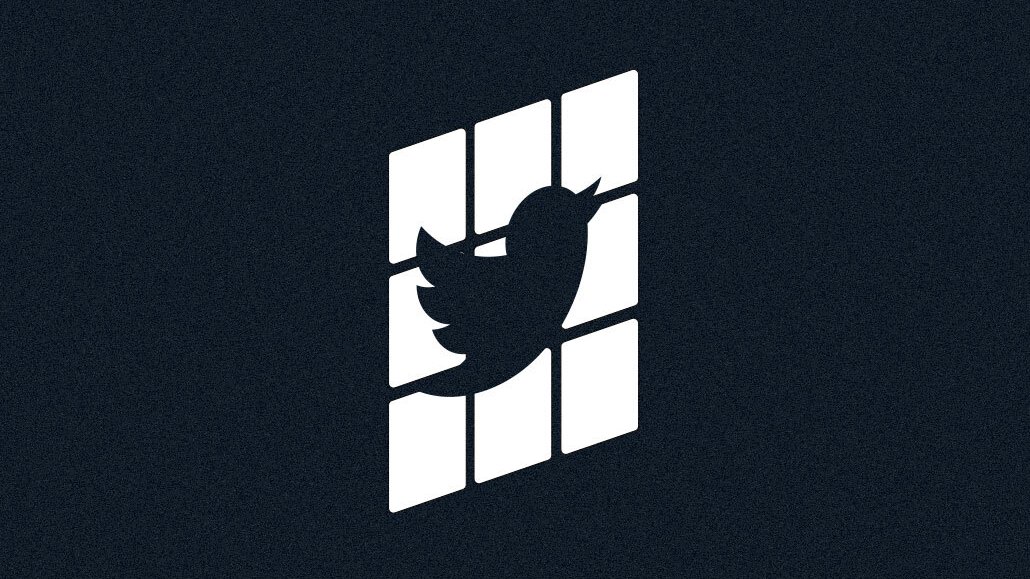With advertising in flux, Twitter is outsourcing ad monetization to ad tech

Twitter’s beleaguered ads business is on a bit of a roll these days.
With the appointment of a top media executive — Linda Yaccarino — as the new CEO, the company is making a statement. Even the largest media buyer, GroupM, which had previously determined the platform to be a “high risk” buy, has taken notice and tried to calm advertisers’ concerns about the social network. Meanwhile, the ads team, despite encountering obstacles, are persevering. In fact, they recently struck a deal with an ad tech vendor that could help counteract the ongoing loss of ad revenue from the platform.
Since May 13, Twitter has been selling ad inventory through the mobile advertising marketplace Inmobi. This exclusive arrangement is evident in Twitter’s ads.txt file, which authorizes Inmobi as the sole vendor for this purpose.
Currently, this partnership is limited to one test market, according to an ad executive familiar with the situation. However, as is customary with such deals, the plan is to gradually expand into additional markets over time.
Should this happen then it could potentially make it easier for ad dollars to flow back into the business following a prolonged, Elon Musk-induced drought.
To understand why, here’s the rundown on an ad tech vendor like Inmobi: it’s one of the world’s largest mobile ad marketplaces. That means marketers bid in real-time on people using mobile devices through the tech Inmobi owns. And they do this billions of times a day.
Given this, it’s not difficult to see why a social network that neither has the demand for its ads or enough internal expertise to stoke it would turn to a business like Inmobi.
“It’s almost like Twitter doesn’t really have a choice but to go down the ad tech route because they need to explore every avenue they can to fortify that ad revenue stream following the changes made to policies and content moderation as well as the loss of personnel,” said Evelyn Mitchell, a senior analyst for digital advertising and media at eMarketer.
Twitter’s foray into programmatic advertising is the latest twist in an intricate narrative surrounding its ads business.
Until now, Twitter has never made ad inventory available to advertisers via the open marketplace, where prices are decided in real-time through an auction.
Instead, it sold its ad inventory through the ad exchange (read programmatic marketplace) MoPub it bought in 2013, and those ads could only be purchased from another piece of ad tech its owner called TapCommerce.
Basically, it was a closed market, just like other walled gardens. But the Inmobi deal suggests a potential shift. Now, Twitter is selling ads (albeit a small portion for now) through a marketplace it doesn’t own, targeting advertisers it doesn’t directly work with. This kind of move is effective when done at a large scale, so it wouldn’t make sense to stop at just one market. Twitter seems to understand this too. Scale was a crucial aspect its ad execs sought in a programmatic partner from the beginning, said the source. They wanted a partner with global expertise in in-app advertising worldwide, the source continued.
Inmobi declined to comment.
After several months of stagnation and ambiguity, Twitter’s ads business seems to be experiencing some movement. However, it remains questionable whether these recent developments signify genuine progress or simply from a state of inactivity. The future will reveal whether Twitter can successfully persuade advertisers to engage and participate in this endeavor..
“What I worry about with Twitter is there is a perception by some advertisers that open exchange programmatic inventory is lower quality,” said Mitchell.
More in Marketing

Ad Tech Briefing: Start-ups are now table stakes for the future of ad tech
Scaled ad tech companies need to maintain relationships with startups, when the sector is experiencing ongoing disruption due to AI.

Inside Kristi Argyilan’s RMN playbook: Lessons from the ‘godmother’ of retail media
Uber’s global head of advertising Kristi Argyilan says the future of retail media hinges on real-time relevance, brand differentiation, and breaking free from a one-size-fits-all playbook.

Digiday+ Research: More than half of marketers invest in TV and streaming, with an eye on impressions and branding
The majority of marketers are directing ad spend toward TV, with a focus on ads that drive impressions and branding.








